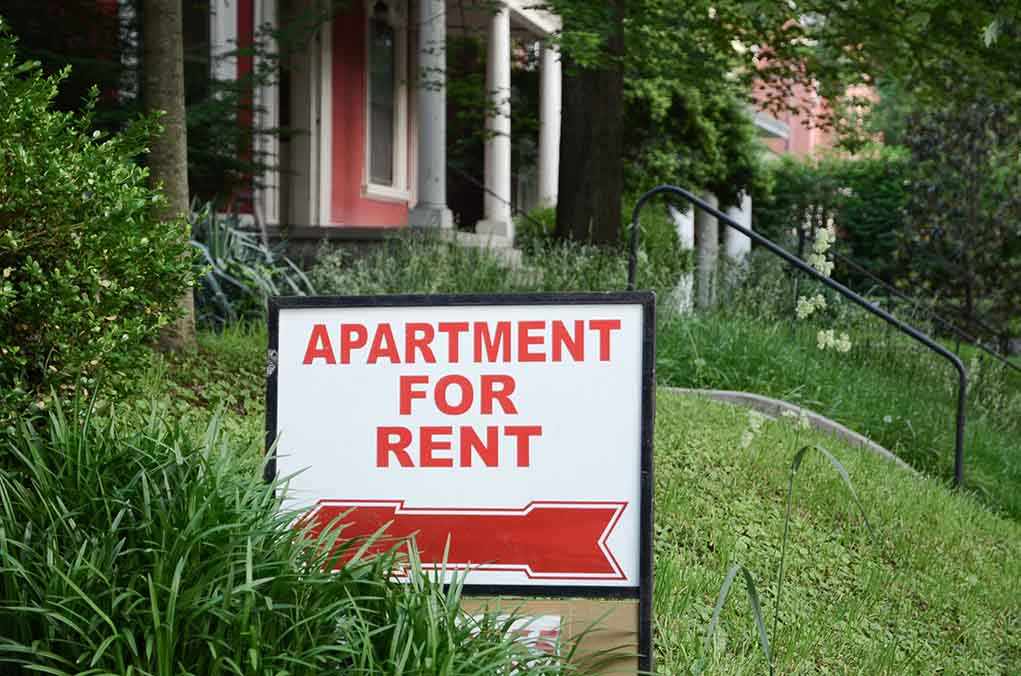
As federal oversight crumbles and New York City renters face rampant scams, a notorious conman exploits housing chaos—leaving hardworking Americans questioning who truly protects their rights.
Story Snapshot
- Nicholas Fuelling arrested on 14 counts of grand larceny for orchestrating a serial rental scam targeting Hell’s Kitchen tenants.
- Victims lost thousands after paying deposits for a single apartment Fuelling fraudulently rented out to multiple people.
- Police investigation reveals growing vulnerabilities in NYC’s competitive housing market due to high demand and limited supply.
- Case underscores urgent need for stronger verification, enforcement, and consumer protections in the rental sector.
Serial Rental Scam Rocks Manhattan Neighborhood
Nicholas Fuelling, age 43, was arrested and booked on September 18, 2025, facing 14 separate counts of grand larceny after allegedly defrauding multiple hopeful tenants in Hell’s Kitchen, Manhattan. Each victim paid deposits and rent to Fuelling for a $3,200/month two-bedroom, only to discover they could not access the apartment and that Fuelling had disappeared with their money. The scale of the operation—numerous victims, repeated use of the same apartment, and thousands of dollars stolen—makes this case one of the most brazen rental scams NYC has seen in years.
Victims report feeling helpless as Fuelling exploited their desperation for affordable housing in a market plagued by high prices and fierce competition. The NYPD launched an investigation after receiving multiple complaints, eventually leading to Fuelling’s arrest. Law enforcement officials believe additional victims may still come forward, as the sophistication of Fuelling’s operation allowed him to evade detection for an extended period. In Manhattan’s densely populated Hell’s Kitchen, turnover and competition for apartments create an ideal environment for scammers who take advantage of limited oversight and renters’ urgency.
How Housing Market Pressures Enable Scammers
Rental scams have long plagued New York City, but rising rents and housing shortages have made renters especially vulnerable. Scammers like Fuelling increasingly use digital platforms and fake documentation to impersonate landlords, convincing multiple victims to pay for the same property. Hell’s Kitchen’s desirability and high demand make it a frequent target. Law enforcement regularly issues warnings, but the sheer volume and sophistication of modern scams often outpace efforts to prevent them. The current case highlights the critical need for more robust verification mechanisms and stricter enforcement to protect consumers.
Similar incidents have occurred in the past, with conmen collecting deposits for non-existent or already-rented apartments. The NYPD continues to urge anyone who suspects they were scammed to report their case, aiming to hold offenders accountable and deter future fraud. The lack of effective safeguards not only impacts direct victims but also undermines trust in the city’s rental market, fueling anxiety and skepticism among prospective tenants.
Stakeholders and Legal Response
The primary stakeholders include Fuelling himself, the numerous victims, landlords whose properties were misused, and the NYPD, which is responsible for investigating and prosecuting such offenses. Fuelling’s motivation appears to be financial gain, preying on renters seeking affordable housing. Victims, left with financial losses and emotional distress, had limited recourse until police intervened. The NYPD and local prosecutors now hold the power to determine the legal outcome, while media coverage amplifies public awareness and may drive policy reform.
This case underscores a troubling power imbalance: scammers exploit urgency and limited options, while victims rely on law enforcement for justice. The broader real estate community is also affected, as legitimate landlords risk reputational harm when their properties are used in scams. Media exposure and public pressure may prompt lawmakers to consider stronger consumer protections and more rigorous oversight of rental listings in highly competitive markets.
Hell’s Kitchen conman who stole thousands of dollars from NYC tenants through bogus apartment rental turns himself in to police https://t.co/1CQCcSi9IR pic.twitter.com/o6DtasAeYl
— New York Post Metro (@nypmetro) September 18, 2025
Economic impacts extend beyond direct financial losses for victims. Increased skepticism may deter future renters, dampen market activity, and force landlords to implement costly verification protocols. Socially, trust in the housing market erodes, fueling anxiety and frustration—especially when government oversight appears insufficient. Politically, calls for reform are likely to intensify, demanding more effective regulation and enforcement to prevent similar scams. The Fuelling case serves as a stark reminder of the vulnerabilities in NYC’s rental sector and the urgent need for systemic change.
Expert Perspectives and Policy Implications
Real estate experts emphasize that rental scams are a persistent risk, particularly in high-demand urban environments. They recommend that renters verify listings, avoid cash payments, and remain vigilant for red flags. Housing policy analysts argue that chronic shortages and lack of affordable options create fertile ground for fraud. Legal experts note the challenges of prosecuting these cases, especially when scammers utilize false identities or operate across jurisdictions. Some commentators call for digital platforms to take greater responsibility in vetting listings, while others advocate for public education campaigns to raise renter awareness.
With Fuelling in custody and the investigation ongoing, the case may prompt concrete policy responses, including stricter rules for online rental platforms and improved coordination among law enforcement agencies. The long-term hope is that successful prosecution will deter similar scams, restore trust in the market, and safeguard the rights of renters in New York City and beyond.




